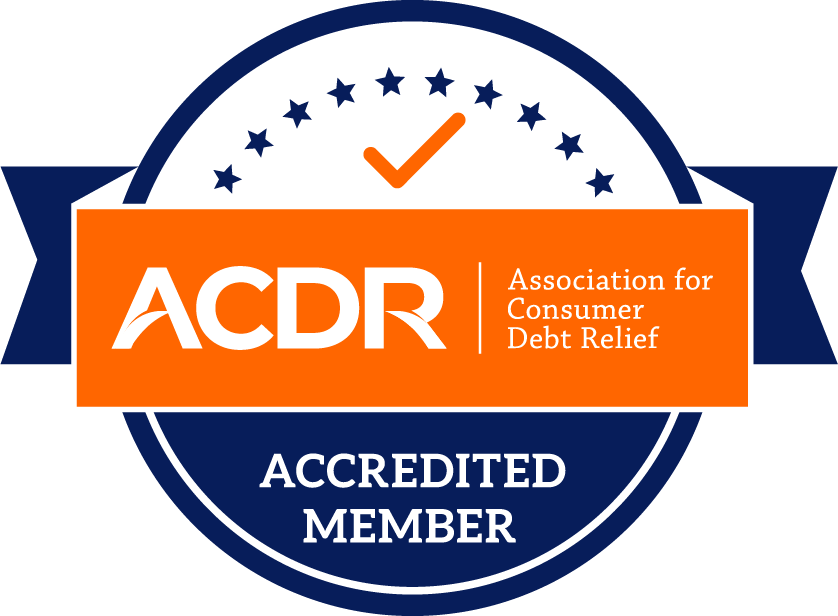
Debt Management Vs. Debt Consolidation: Which One Is Best For Me?
Getting into debt is easy, but getting out of debt usually takes more effort. If you find yourself in a situation where you need a debt management solution, you will need to do some research to find out how to make the best plan of financial attack. While there are dozens of options available, many people narrow it down to only two, debt management and debt consolidation. By understanding the differences between these two options, Liberty Debt Relief can help you figure out what is the best debt relief option for your needs.
The Ins And Outs of Debt Management
The constant bombardment of credit card offers can be difficult to avoid and turn down, which is why millions of people end up in excessive credit card debt. For those who end up with multiple cards and seemingly endless repayments, a debt management plan may work for their situation.
Under this plan, borrowers can compile all of their credit card debts into a single sum that they make payments on every month. A plan usually takes up to five years and can eliminate a lot of the stress that accompanies being largely indebted to multiple companies. If you choose to work with an accredited debt relief company, the person you work with can oftentimes negotiate a lower amount owed on your individual accounts, have late and other types of fees waived, and can even lower the interest on the new debt account, saving you money in the long term.
To qualify for a debt management plan, you must be looking to rectify credit card debt, as this debt management solution cannot be used for private student loans, medical bills, utility bills, mortgages or other types of loans. Generally, using a debt management plan requires compiling unsecured collateral. There are really no other overall requirements for debt management plans, although borrowers considering one should note that it is crucial to make all debt management plan payments on time every month.
Contrary to what many believe, investing in this debt management solution also does temporarily lower your credit score. It is to be expected that your financial advisor will instruct you to stop using your credit cards and to not open any new accounts while you are committed to your debt management plan. This lack of revolving utilization will dampen your score throughout the plan’s duration, but in the end, you will be mostly, or completely in some cases, out of debt. Once the plan is over, you will be able to use your credit cards once again, and your score should be higher and safer in a short amount of time.
Deconstructing Debt Consolidation
Staying on top of dozens of bills, loan repayments, credit cards, and other types of debt can be very difficult to do. Sticking to repayment schedules is similar to time management and scheduling, and if either of those is something you struggle with, debt consolidation may be a good debt management solution to look into. What makes it one of the best debt relief options for so many people is that you can convert your multiple high-interest accounts into a single, low-interest account that has one due date every month, versus three or more.
When you work with a debt relief company to configure your debt consolidation, you will likely be faced with two options: One, to complete a balance transfer and put all of your outstanding debts onto a credit card; or two, get a loan to pay off all of your debts and then make payments only to the loan. With either of these options, you will have significantly lower interest and fees, but terms and conditions for these options will differ depending on your financial and credit situation.
Qualifying for this debt management solution is not necessarily difficult, but those who have good enough credit to qualify for a lower interest rate will benefit the most. For example, if you have a credit score of less than 650, you likely will not qualify for a loan or credit card that has an interest rate significantly lower than what you already have. If, however, you have a credit score of 700 or higher, you may be eligible for a credit card or loan with a lower rate, which could save you thousands of dollars in interest charges. Similar to debt management plans, it is also crucial to make sure you will be able to make your consolidation payments every month.
How to Choose Your Debt Management Solution
Knowing the differences between a debt management plan and debt consolidation is only one of the steps necessary in making the best decision for you. Look at how many credit accounts you have, the amount you owe for each, your interest rates, how often you are able to make the payments, what the minimum payments are, and all the other little details surrounding the accounts individually and as a whole. This is a lot of information to sift through, and if it seems like a little too much to come up with the right decision, Liberty Debt Relief is always available to help. Contact us today and we will get started on eliminating your debts and giving you the credit and future you deserve.







